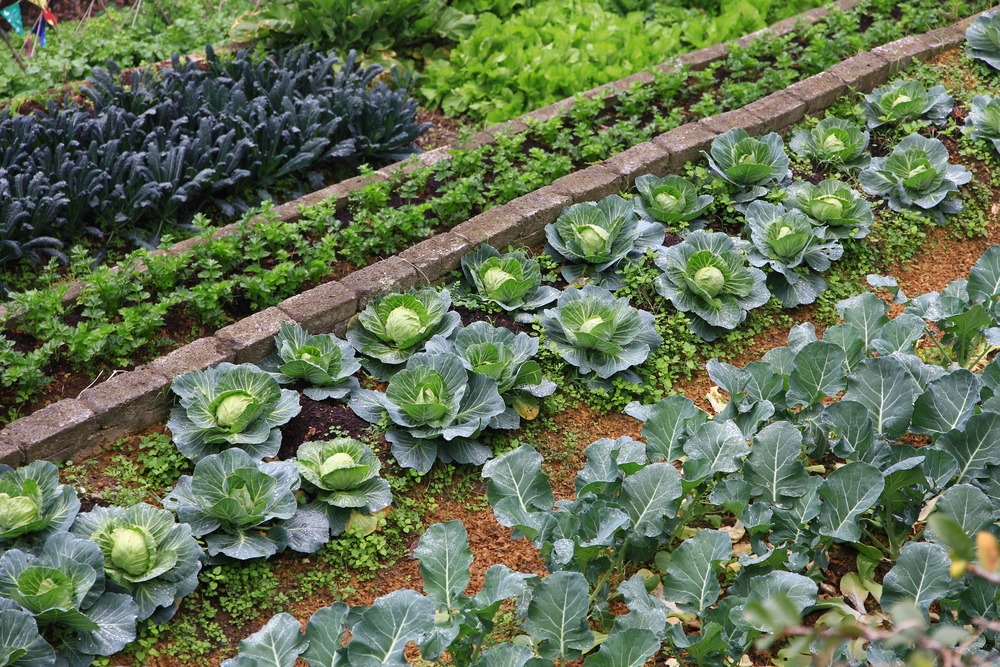The rise of cultivating sustainable farming practices in Southeast Asia
Practices under biodiversity, climate resilience, and economic opportunities have been filling up the region’s sustainable agenda

Sustainable farming practices promote biodiversity, sustainable land management, and increase climate resilience, and have been successfully implemented by farmers and networks in Southeast Asia for decades, making it important to the region, as noted by Southeast Asian publication Fulcrum. Examples include integrated rice-fish systems in Malaysia, Indonesia, Vietnam, the Philippines, Laos, and Thailand, and the preservation and development of traditional rice strands by farmer groups and civil society networks in Thailand.
Ethnic minority groups in Vietnam have also developed and implemented intercropping and integrated crop-livestock methods, based on indigenous knowledge and modern knowledge provided by government agencies, which have increased biodiversity and reduced soil erosion.
According to media and business intelligence organisation Eco-Business, Southeast Asian tourism enterprises have been promoting sustainable agriculture and supporting small- and medium-scale farmers to achieve faster transitions to climate-resilient agriculture. In Laos, eco- and agritourism are becoming popular, and some farms use profits from tourism to promote sustainable agriculture, including training for farmers and developing local green markets.
Related: Climate champions gather to assess and encourage improved sustainability efforts
In Thailand, there are hotels and resorts that are actively promoting sustainable agriculture, training local farmers, and finding markets for sustainable farmers in their network. Businesses can support sustainable agriculture by purchasing locally- or regionally-produced sustainable agrifood products at fair prices, and through marketing efforts, they can raise consumer awareness about the importance of sustainable and climate-resilient agriculture.
Southeast Asian countries are pursuing “green” or “sustainable” agriculture to attract the EU’s environment-centric investment opportunities and boost exports to European states. Media outlet DW reported that the agriculture sector in Cambodia and Vietnam is showing healthy growth, but concerns remain due to agriculture’s key contribution to climate change in the region, which accounted for 19 percent of Vietnam’s total greenhouse gas emissions in 2020.
To boost relations on the sustainable agriculture front, Brussels must step up its efforts to better educate Southeast Asian officials and businesses about what can be a bureaucratic headache. However, this will be far more complex when it comes to Malaysia and Indonesia due to differences over palm oil.
The Property Report editors wrote this article. For more information, email: [email protected].
Recommended
Why everyone is moving to Selangor and Johor: Malaysia’s real estate comeback
Malaysia’s upturn in fortunes is especially prevalent in secondary destinations such as Selangor and Johor
Penang’s silicon boom: How the US-China tech war is supercharging local real estate
Penang’s booming semiconductor industry has created ripples within the local real estate sector
ARES White Paper Volume 2: Unravelling the power of data revolution in real estate
Insights on proptech, smart cities, and sustainable development
ARES Digital White Paper Volume 1 tackles the fundamentals of responsible building
Green and climate heroes join forces to discuss how Asia Pacific can weather the current environmental crises and the looming effects of climate change







